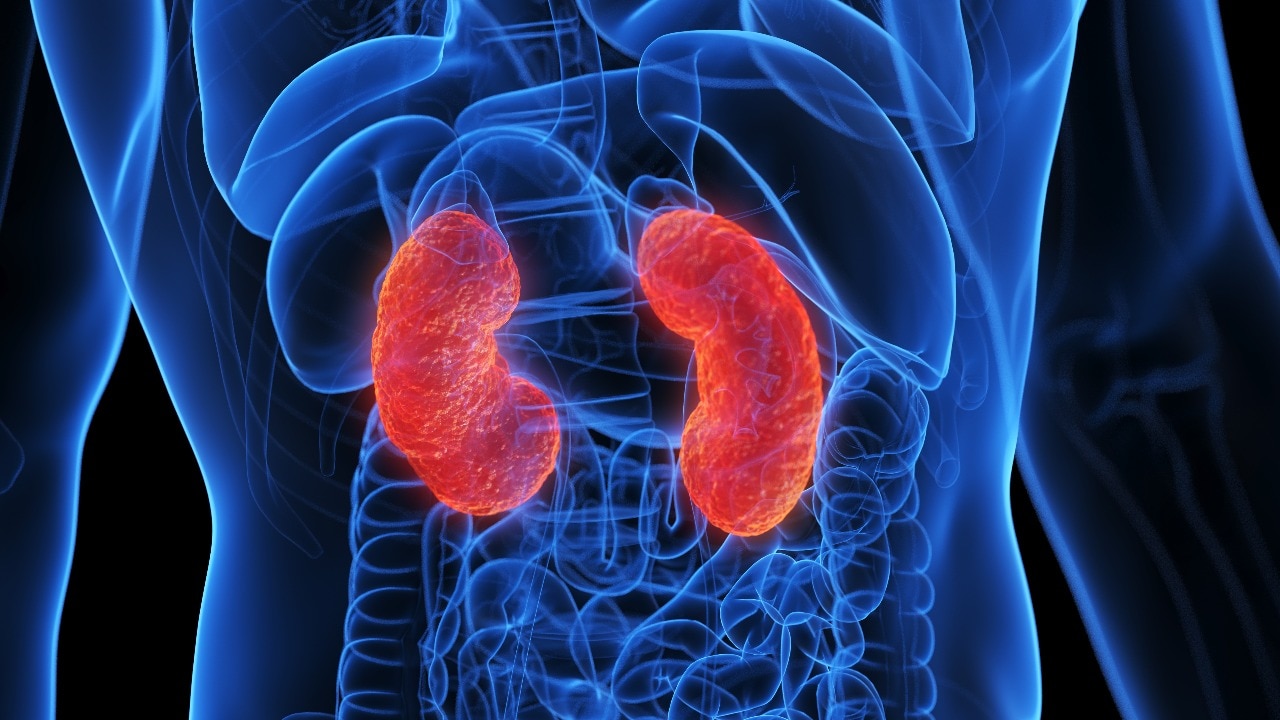
News
November 12, 2025
India's chronic kidney disease crisis exposes deep cracks in preventive healthcare
India's chronic kidney disease crisis exposes deep cracks in preventive healthcare
India is facing a growing crisis of chronic kidney disease (CKD), a condition that is silently impacting millions and highlighting significant weaknesses in the nation's preventive healthcare system. While advancements in treatment options offer hope, the sheer scale of the problem underscores the urgent need for a more proactive and widespread approach to early detection and management.
CKD, a gradual loss of kidney function, often progresses without noticeable symptoms in its initial stages. This makes early diagnosis crucial, as timely intervention can slow the progression and prevent kidney failure, which requires dialysis or a kidney transplant. However, a lack of awareness among the general population, coupled with limited access to routine health screenings, means that many individuals remain unaware of their condition until it reaches an advanced stage.
The roots of this escalating crisis are multifaceted. Experts point to the rising prevalence of diabetes and hypertension, both major risk factors for CKD, as significant contributing factors. Unhealthy diets, sedentary lifestyles, and a lack of regular exercise are exacerbating these conditions, particularly in urban areas. In rural communities, limited access to clean water and sanitation can also contribute to kidney problems.
The current healthcare system in India, while making strides in treatment availability, struggles with early detection. The focus often remains on treating existing conditions rather than preventing them. Regular check-ups, including simple blood and urine tests to assess kidney function, are not routinely offered or accessible to a large segment of the population. This is particularly true in underserved communities where access to healthcare facilities and trained medical professionals is limited.
Addressing this crisis requires a multi-pronged approach. Public health campaigns are needed to raise awareness about CKD risk factors and the importance of early detection. Strengthening primary healthcare infrastructure and making routine screenings more accessible and affordable are crucial steps. Furthermore, focusing on lifestyle modifications, such as promoting healthy eating habits and encouraging regular physical activity, can help prevent the development of diabetes and hypertension, thereby reducing the risk of CKD. Ultimately, a shift towards a more proactive and preventive healthcare system is essential to curb the rising tide of chronic kidney disease and protect the health and well-being of millions of Indians.
CKD, a gradual loss of kidney function, often progresses without noticeable symptoms in its initial stages. This makes early diagnosis crucial, as timely intervention can slow the progression and prevent kidney failure, which requires dialysis or a kidney transplant. However, a lack of awareness among the general population, coupled with limited access to routine health screenings, means that many individuals remain unaware of their condition until it reaches an advanced stage.
The roots of this escalating crisis are multifaceted. Experts point to the rising prevalence of diabetes and hypertension, both major risk factors for CKD, as significant contributing factors. Unhealthy diets, sedentary lifestyles, and a lack of regular exercise are exacerbating these conditions, particularly in urban areas. In rural communities, limited access to clean water and sanitation can also contribute to kidney problems.
The current healthcare system in India, while making strides in treatment availability, struggles with early detection. The focus often remains on treating existing conditions rather than preventing them. Regular check-ups, including simple blood and urine tests to assess kidney function, are not routinely offered or accessible to a large segment of the population. This is particularly true in underserved communities where access to healthcare facilities and trained medical professionals is limited.
Addressing this crisis requires a multi-pronged approach. Public health campaigns are needed to raise awareness about CKD risk factors and the importance of early detection. Strengthening primary healthcare infrastructure and making routine screenings more accessible and affordable are crucial steps. Furthermore, focusing on lifestyle modifications, such as promoting healthy eating habits and encouraging regular physical activity, can help prevent the development of diabetes and hypertension, thereby reducing the risk of CKD. Ultimately, a shift towards a more proactive and preventive healthcare system is essential to curb the rising tide of chronic kidney disease and protect the health and well-being of millions of Indians.
Category:
Politics